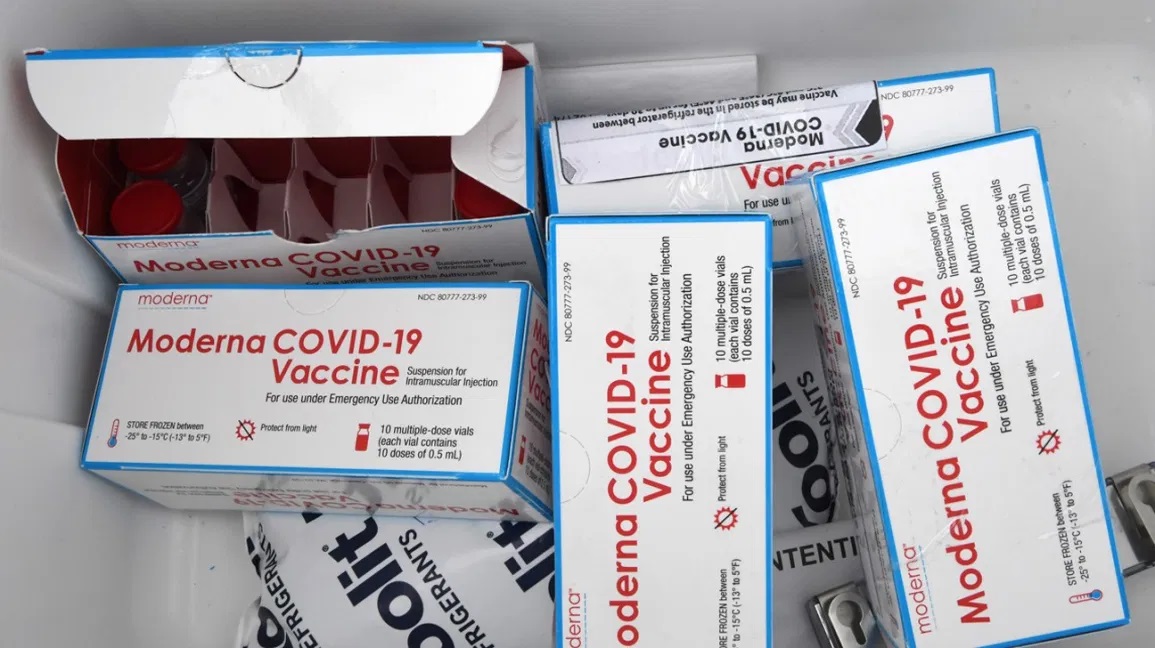Moderna Says it is Working on a New Vaccine Against New COVID-19 Variant
Moderna has now become the first vaccine maker to announce a trial for a booster against a new COVID-19 variant.
Shares of the medical company soared after Wall Street learned that the company is working on new vaccine against a South African variant of the virus.
Moderna has said that its first vaccine should protect against the variant regardless.
CEO Stéphane Bancel said his company was confident its vaccine should be protective against “these newly detected variants.”
“As we seek to defeat the COVID-19 virus, which has created a worldwide pandemic, we believe it is imperative to be proactive as the virus evolves. We are encouraged by these new data, which reinforce our confidence that the Moderna COVID-19 vaccine should be protective against these newly detected variants.”
He added however, “Out of an abundance of caution and leveraging the flexibility of our mRNA platform, we are advancing an emerging variant booster candidate against the variant first identified in the Republic of South Africa into the clinic to determine if it will be more effective… against this and potentially future variants.”
Laboratory tests show Moderna’s COVID-19 jab works against the variant named 501. V2, which emerged in South Africa. The variant dubbed B.1.1.7 was first discovered in the UK.
A FT report has said that Moderna believes the current jab maybe was less effective in tackling the South African strain, and warned that the neutralising antibody response to 501. V2 “was sixfold lower than to the original variant, raising concerns that immunity to it may wane significantly, particularly in older people.”
Bancel said to the FT that Moderna was preparing for a “worst-case scenario,” even though he had “zero concerns” about the vaccine’s efficacy in the coming months.
Moderna’s vaccine was shown to be 94% effective against COVID-19 in trials.
Disclaimer: We have no position in any of the companies mentioned and have not been compensated for this article.


